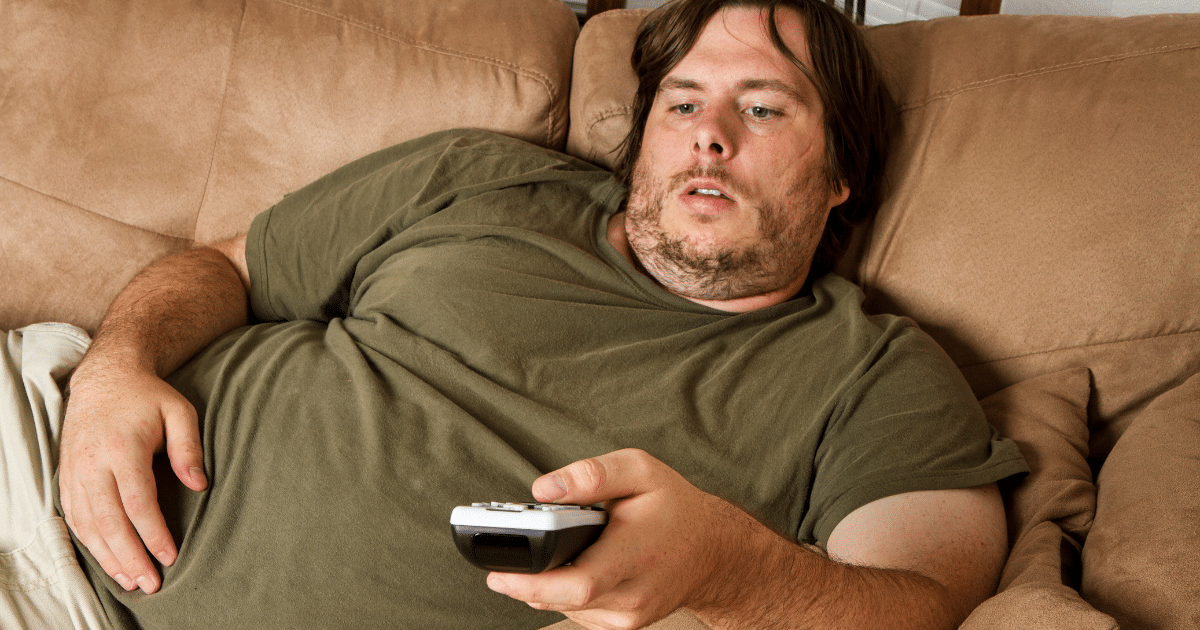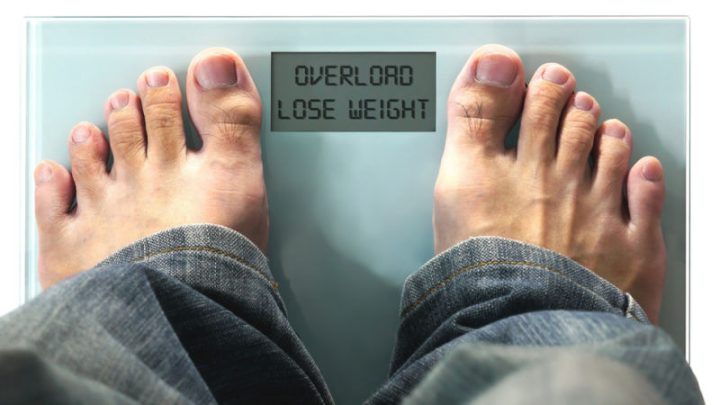Fat Shaming vs Public Acceptance?
I’d like to start off this article by mentioning I have no issues with people’s weight, their skin color, their sexual orientation, their hair color, eye color, how big their ears are, car they drive, house they live in… You get the point. I worry about ME. If someone is happy being overweight, good for them. Do I believe it’s unhealthy and would love to see them work towards bettering their life and health? Definitely. But to each his own. However, it seems like fat shaming is the new buzzword, but I have a different point of view.
I’ve been in the industry for over twelve years now and I quickly found out that you can lead a horse to water, but you can’t make it drink. I could literally lay out the foundation that someone needs in order to live a healthier life, get off their medication, be able to walk up and down steps without needing a break—the list goes on and on. Some people just don’t want help. They don’t care if their doctor is telling them to exercise more or clean up their diet. It goes in one ear and out the other. That’s ok, but don’t complain about the things you can’t do or the way you feel due to your lifestyle choices. That’s 100% on you and your decision of how you want to live your life.

The bigger picture which I think needs to be discussed is the notion of ridiculing those who are overweight (fat shaming) and the alternate being public acceptance. While I despise those who openly share their displeasure for those who are overweight, there’s a part of me that looks at it from a different angle. By no means should someone be made fun of or be a part of this so-called fat shaming, but raising a concern for someone in a polite way I feel has some merit. If you lived your life passing by a guy shooting heroin into his arm in your city every day on the way to work, and one day decided to tell him that he can go find help and that his life choices aren’t leading him down the right path, would that be considered druggie shaming? Or would you consider that someone who wants to help another human being find his way back to his feet? I don’t see a real difference between that and talking to someone about their weight such as a family member or friend. Why is that considered fat shaming?
If people didn’t talk about the issues at hand, wouldn’t you assume it meant that they simply didn’t care? That they were fine watching someone’s health and quality of life deteriorate? As a fitness and nutrition professional, it’s my duty to help those who seek the knowledge and knowhow of what’s needed to turn their life around. But I can’t force that upon them. I can only help those who want help.
Disclaimer: This article is for informational purposes only and is not meant to treat or diagnose any condition. It is recommended that you speak with your doctor before starting any exercise program, changing your daily nutrition, or adding any supplements to your regimen.
What is Fat Shaming?

Fat shaming refers to the act of discriminating against or ridiculing individuals based on their body weight, particularly if they are perceived as being overweight or obese. This can manifest in various forms, including negative comments, teasing, bullying, or making derogatory remarks about a person’s appearance due to their weight.
Fat shaming can have serious consequences on an individual’s mental and emotional well-being. It may contribute to low self-esteem, body image issues, depression, and anxiety. It’s important to promote body positivity and encourage a more inclusive and accepting attitude towards people of all body shapes and sizes.
Why is Fat Shaming a Thing in Today’s Society?
Fat shaming persists in today’s society for various reasons, rooted in societal norms, beauty standards, and misconceptions about health. Some contributing factors include:
- Social and Cultural Influences: Media, including advertising, movies, and social media, often perpetuates unrealistic beauty standards that emphasize thinness. This can lead to the stigmatization of individuals who don’t conform to these ideals.
- Health Misconceptions: There is a common but flawed assumption that body weight is directly correlated with health. While maintaining a healthy lifestyle is important, equating thinness with health and assuming that all overweight individuals are unhealthy can lead to unfair judgment and discrimination.
- Lack of Understanding: People may lack awareness or understanding of the complex factors that contribute to weight, such as genetics, metabolism, and various medical conditions. Making assumptions about an individual’s lifestyle or habits based solely on their appearance can perpetuate stereotypes.
- Cultural Bias: In some cultures, there may be a historical or traditional bias towards certain body types, associating them with beauty or success. Deviating from these norms can result in judgment and discrimination.
- Pressure to Conform: Societal pressure to conform to certain beauty standards can create a culture of judgment and comparison. This pressure can lead to the marginalization of those who don’t fit conventional ideals of attractiveness.
- Lack of Empathy: Insufficient empathy and understanding towards the struggles that individuals may face regarding their body image and weight can contribute to an environment where fat shaming is normalized.
Addressing fat shaming involves promoting body positivity, challenging stereotypes, and fostering a more inclusive and compassionate society that recognizes and celebrates diversity in body shapes and sizes. It’s important to encourage respectful discussions about health without resorting to judgment or discrimination based on appearance.
You Can’t Have Your Cake and Eat It Too
There’s a certain chain of fitness centers out there, I’m not going to mention names but it rhymes with Planet Fitness, who enable the overweight population. They are going to their locations because they are self-conscious about the way they look and their “judgement-free zone” appeals to them.
I’d like to touch on that point first. There is a huge different between seeing someone who’s 400-pounds eating at McDonald’s and seeing that exact same person in a gym. One instance you think they are going down the wrong life path, and on the other you’re glad to see they are taking charge of their health and being accountable and working towards getting healthier. Sure, I get angry when I see obese people eating at McDonald’s and other fast food restaurants, but they either don’t know any better or don’t care. And that frustrates me. It’s not fat shaming, it’s like watching someone trying to commit suicide right in front of you. They’re a ticking time bomb and you have to play the odds of if you say something to try to help educate and motivate them (in a polite way) and still being called and asshole or not saying anything at all in which you’re basically enabling them because you’re showing you don’t care enough to offer help or guidance. It’s a coin flip.
Click here to continue reading…


*Disclosure: This article may contain affiliate links or ads, which means we earn a small commission at no extra cost to you if you make a purchase through these links. These commissions help support the operation and maintenance of our website, allowing us to continue producing free valuable content. Your support is genuinely appreciated, whether you choose to use our links or not. Thank you for being a part of our community and enjoying our content.
PLEASE CONSIDER SHARING THIS ON YOUR SOCIAL MEDIA TO HELP OTHERS LEARN MORE ABOUT THIS TOPIC. SIMPLY CLICK BELOW!

